Generally, mobile apps in Android, iOS, and Windows Phone are built using completely different programming languages; an Android app uses Java, an iOS app uses Objective-C, while a Windows Phone app uses .NET.
But now, anyone having the basic knowledge of HTML, CSS, and JavaScript can build a mobile application. The key benefit of using web technology to build your app is Portability. Using a packager/compiler, like PhoneGap, developers will be able to port and install app on many different platforms.
There are many tools and framework that make this possible. They reduce the work to half to bridge the gap between web and mobile platforms. In this article, we’ll decided to cover the best of mobile app frameworks available in the market as of today.
1. Sencha Touch
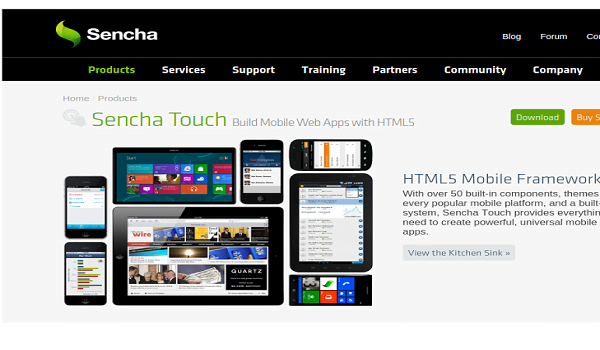
2. IONIC
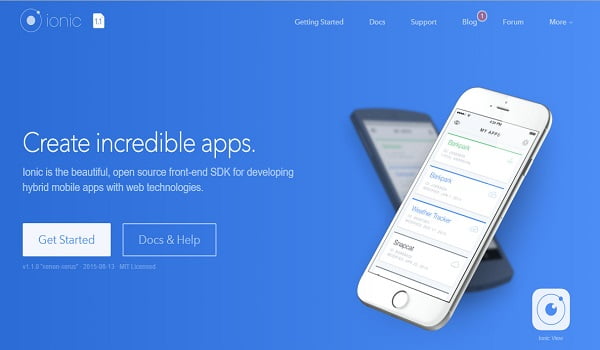
3. Mobile Angular UI
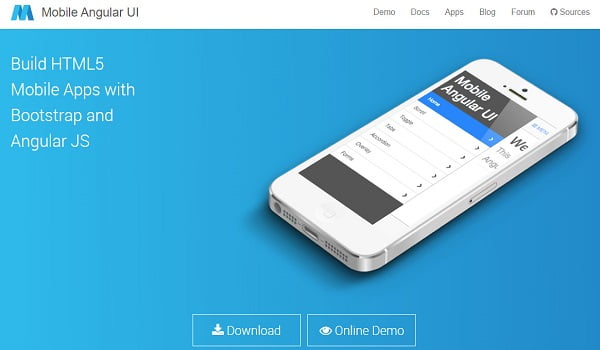
4. Sculpt
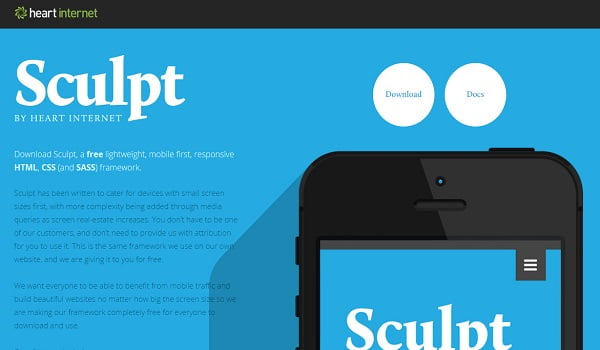
5. Kendo UI

6. Monaca

7. Intel XDK
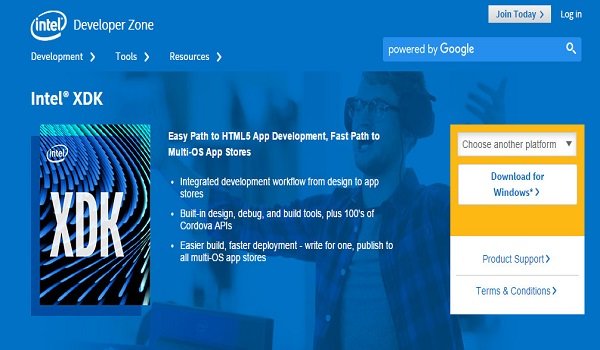
8. Appium
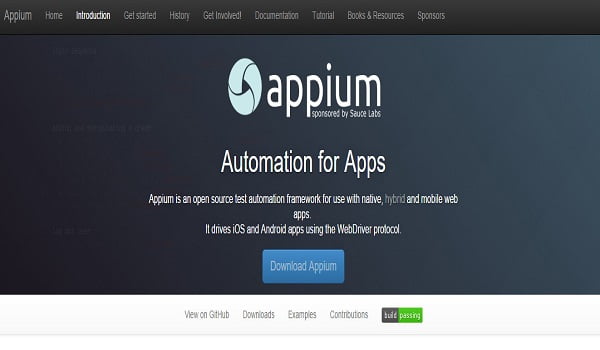
9. Spine.js
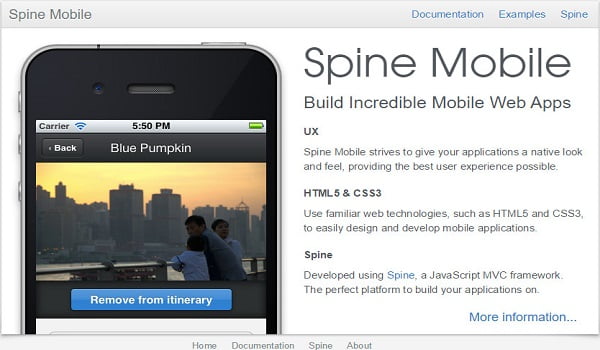
10. PhoneGap
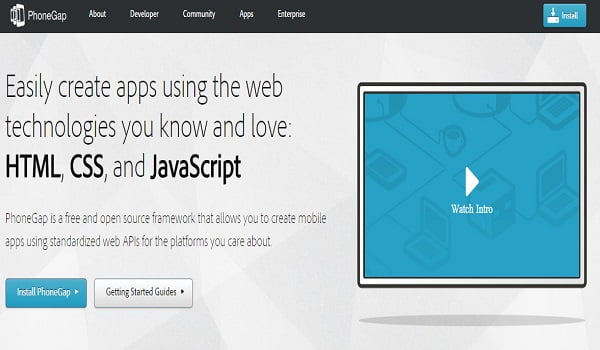
Related Posts...
GeneralMobile AppsTechnologiesWhat is New!What's Hot
Feb 12th, 2026
The healthcare industry is rapidly moving towards digital-first solutions. From booking doctor consultations to ordering medicines online, users now expect healthcare services to be fast, secure, and accessible from their […]
Read more
Jan 29th, 2026
As backend systems become more complex and expectations for performance and reliability continue to rise, developers need frameworks that are not only powerful but also stable in real-world production environments. […]
Read more
Jan 8th, 2026
The automobile industry is undergoing a massive digital transformation. From connected cars and electric vehicles to ride-sharing and fleet management, mobile applications have become a core part of modern mobility. […]
Read more









